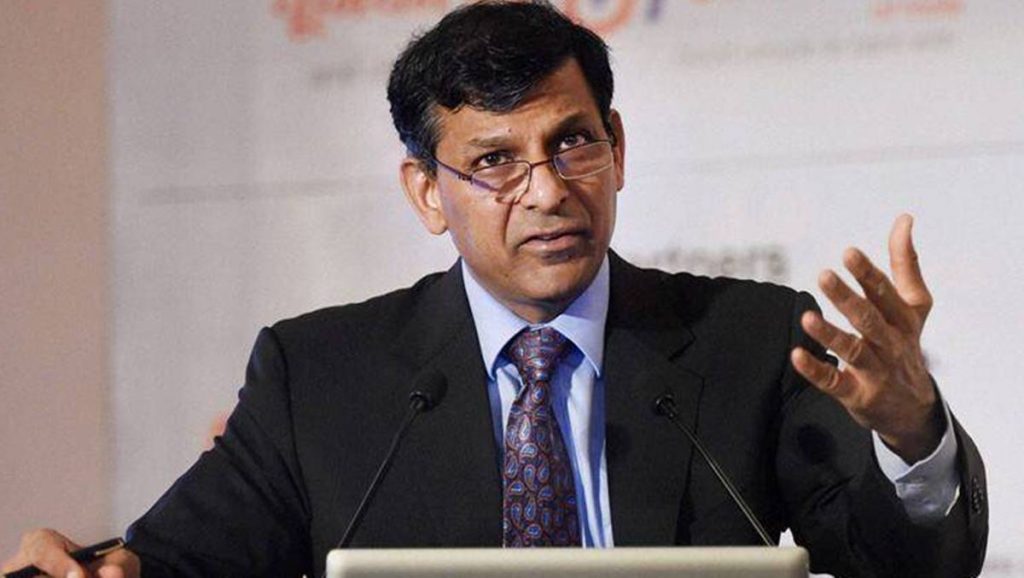New Delhi: Former RBI Governor Raghuram Rajan said Monday the central bank will have to raise interest rates to tame inflation. So the hikes need not be considered by politicians and bureaucrats as some ‘anti-national’ activity. Known for his frank views, Raghuram Rajan also said it is important to remember that the ‘war against inflation’ is never over.
“Inflation is up in India. At some point, the RBI will have to raise rates, like the rest of the world is doing,” Rajan said in a LinkedIn post.
Costlier food items pushed the retail inflation to a 17-month high of 6.95 per cent in March. The figure was much above the upper tolerance level of the RBI. The wholesale price-based inflation also rose to a four-month peak of 14.55 per cent, mainly due to hardening of crude oil and commodity prices.
“… Politicians and bureaucrats will have to understand that the rise in policy rates is not some anti-national activity benefiting foreign investor. It is an investment in economic stability, whose greatest beneficiary is the Indian state,” Rajan emphasised.
Read Also – BCCI likely to do away with bio-bubbles in T20 series against South Africa
Rajan is currently a professor at the University of Chicago Booth School of Business.
Earlier this month, the RBI kept borrowing costs unchanged at a record low for the 11th time in a row. It was done in a bid to continue supporting economic growth despite inflation edging higher.
While the RBI has raised the retail inflation projection for the current financial year to 5.7 per cent from the earlier forecast of 4.5 per cent, the benchmark interest rate was retained at 4 per cent.
Rajan addressed criticism that higher rates held back the economy during his term. He said when he became RBI governor with a three-year term in September 2013, India had a full-blown currency crisis with the rupee in a free fall. “Inflation was at 9.5 per cent then, the RBI raised the repo rate from 7.25 per cent in September 2013 to 8 per cent to quell inflation. As inflation came down, we cut the repo rate by 150 basis points to 6.5 per cent,” he recalled.
The eminent economist said: “We also signed on to an inflation targeting framework with the government.”
Rajan noted that these actions helped stabilise the economy and the rupee. He said between August 2013 and August 2016, ‘inflation came down from 9.5 per cent to 5.3 per cent’.
Rajan said today, foreign reserves have climbed to over USD 600 billion. It has allowed the RBI to calm financial markets even as oil prices have climbed.
“Recall that the crisis in 1990-91, when we had to approach the IMF, was precipitated by higher oil prices. The RBI’s sound economic management has helped ensure this has not happened this time,” Rajan noted.
